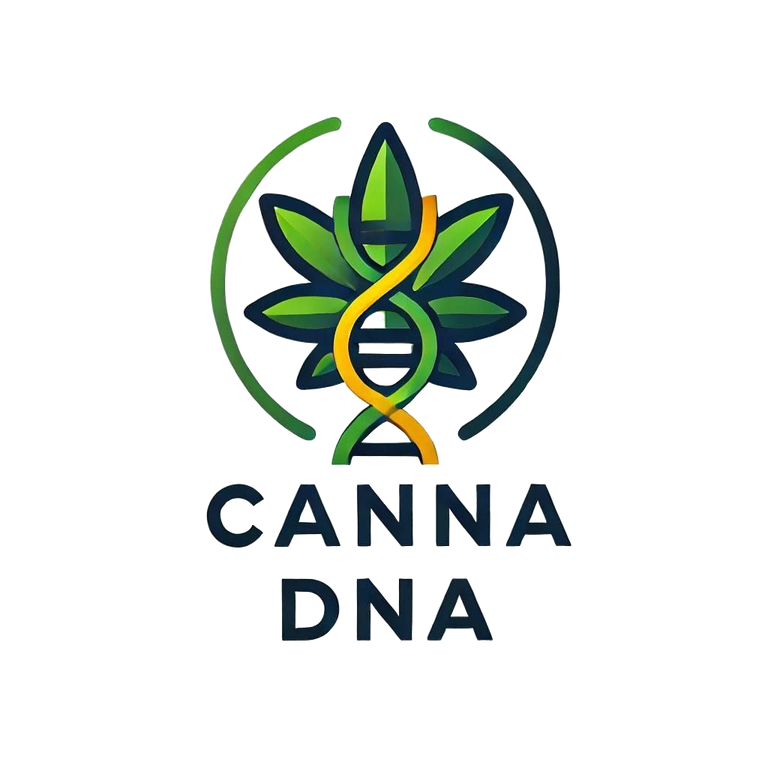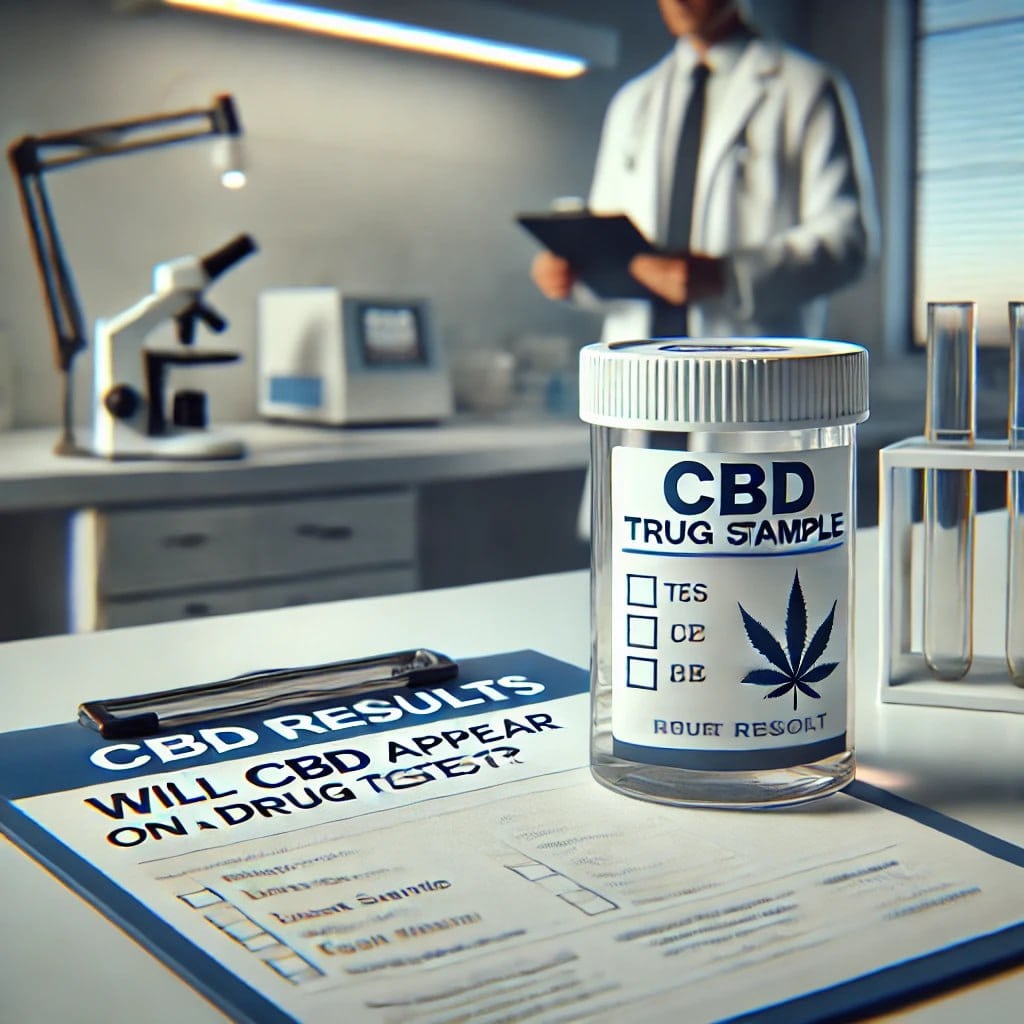Can I use CBD while sick? I asked myself when I first got sick when I was already using CBD products. In this article I want to сlear up any confusion about using CBD when you’re under the weather.
What is CBD?
CBD is a natural compound contained in the cannabis plant. It won’t get you high. It’s not THC. CBD is non-psychoactive. It doesn’t alter your state of mind. CBD offers a sense of balance and relaxation.
The popularity of CBD has exploded over the last years. You can find it everywhere from oil tinctures to bath bombs. I love how universal it is. It is very easy to choose a product that fits your lifestyle.
Common illnesses and symptoms CBD may help with
There are several common illnesses and symptoms that CBD might help alleviate. CBD isn’t a miracle, but many people find potential relief for:
- Colds and flu: CBD can help with aches, pains and general discomfort.
- Sore throat and congestion: CBD’s soothing properties could help calm inflammation, though more research is needed.
- Headaches and migraines: CBD is sometimes praised for its potential ability to relieve headaches by targeting inflammation and pain receptors.
- Stress and anxiety: Being sick can be stressful. CBD might help you relax and get the rest you need to recover.
Of course, these observations are largely based on personal experience and limited clinical studies.
How CBD works in the body
It’s useful to know a bit about the endocannabinoid system (ECS). The ECS is a network of receptors spread throughout your body, including the brain and immune system. CBD interacts with these receptors influencing processes like pain perception, mood and immune response.
CBD can help maintain or restore balance. It modifies the receptors’ ability to bind with other cannabinoids. CBD acts like a supportive player allowing your body’s own healing mechanisms to be more effective.
Potential benefits of using CBD while sick
Results vary from person to person, here are some possible advantages I’ve personally noticed or heard from others:
- Reduced aches and pains: CBD’s anti-inflammatory properties calm body aches, which can be caused by colds or the flu.
- Improved sleep: CBD’s calming effect promotes better sleep quality giving your body more time to recover.
- Ease of use: Your preferences can vary — tinctures, capsules or a drop in your tea — CBD can easily fit into your daily routine.
- Stress reduction: Feeling sick can be stressful, especially if you’re missing work or important events. A little CBD might help keep those anxious thoughts at bay.
Don’t expect CBD to be an instant cure. Its effects can be subtle (like any health supplement) and tend to work best when paired with other healthy habits.
Risks and side effects
Even though positive experiences with CBD, it’s important to be aware of potential risks:
- Mild side effects: dizziness, dry mouth, changes in appetite. These effects are temporary.
- Drug interactions: CBD can interact with those medications that come with a “grapefruit warning”. Always consult a healthcare provider if you’re on prescription meds.
- Quality control issues: Not all CBD is created the same way. Products vary in purity, concentration and overall quality. Make sure to source from reputable brands that provide third-party lab testing.
Recommended dosages and guidelines
Determining the right personal dosage of CBD can be a bit tricky. It depends on factors like body weight, metabolism, the condition being treated, individual sensitivity. Personally I started with a lower dose — say 5–10 mg of CBD per day — and progressively increased until found my sweet spot. Here are some guidelines to consider:
- Start low and go slow: Begin with a small amount and see how your body reacts.
- Pay attention to product labels: Reputable brands list the concentration of CBD per serving.
- Keep a journal: Track how much you take, how you feel and any side effects. This can help you refine your dosage over time.
Combining CBD with other treatments
I don’t actually rely on just one remedy when sick. CBD can be a valuable addition to your wellness plan. It generally works better alongside other treatments:
- Over-the-counter medications (cough syrup, decongestants)
- Natural remedies (vitamin C, zinc, herbal teas)
- Getting plenty of rest and fluids
Always keep your doctor informed about any supplements you’re taking. If you’re in the course of more aggressive treatments or taking prescription medications — discuss your plans with your doctor.
Safety precautions
Consider the following before you dive into a CBD:
- Consult a healthcare provider: Especially if you have any special health conditions.
- Check local laws: Cannabis regulations differ depending on place you live. Make sure you’re staying within laws.
- Stick to trusted brands: CBD products should have third-party lab testing, transparent ingredient listings and positive customer feedback.
Summary
So, can you use CBD while sick? You absolutely can as long as you take the right precautions. CBD may help with discomfort, stress and sleep issues in the process of battling common illnesses like colds or the flu. Still, CBD isn’t a magical fix. It’s a supportive supplement that may increase your body’s natural healing process abilities. Combining CBD with rest, hydration, healthy foods and any necessary medical treatments is an approach to feeling better faster. If you’re unsure — talk to a healthcare professional.
Choice to use CBD when you’re feeling bad is a personal one. My advice? Listen to your body. With the right mindset CBD could be a helpful companion on your road to recovery.



